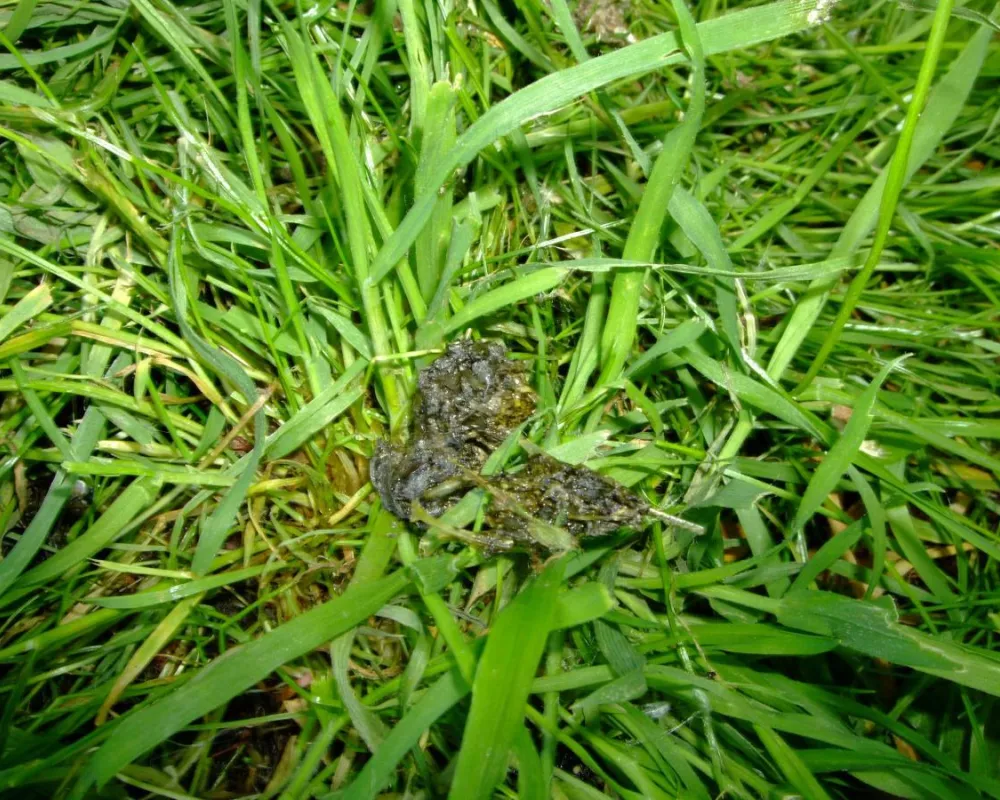Water vole and White-clawed crayfish conservation at Wykeham Quarry; habitat survey & recommendations.

The aim of this project is to promote conservation of two keystone species; the White-clawed crayfish and the European Water vole. The native White-clawed crayfish is on the Red List of endangered species (International Union for Conservation of Nature). It is threatened by habitat degradation and invasion of the larger signal crayfish and Yorkshire is one of its remaining strongholds. The European Water vole is in decline in the UK owing to loss of habitat. The aims of the project are to survey the range of freshwater habitats at Wykeham for suitability for these keystone species; and provide recommendations for habitat modification to enhance the conservation value of the site
To conserve the White-clawed crayfish, The Environment Agency is keen to carry out translocations to ‘ark sites’ which are isolated from local rivers and so protected from contact with the invasive species. A recent environmental impact assessment suggested that Wykeham quarry is one such possible site. It also found that the site could be suitable for Water voles and voles have recently been observed and photographed at the site by Tim Harvey, the Wykeham Quarry Manager.
We will look at habitat suitability, asking ; is the water chemistry suitable? Are there places for crayfish to hide and for voles to dig burrows? Is there plenty of food about (voles eat vegetation, crayfish eat aquatic plants and smaller invertebrate animals). We will also look for signs of voles (by using camera traps and surveying for droppings, runs and burrows) and check that there are no invasive Signal crayfish about. These surveys will be used to assess the suitability of the site and allow us to make suggestions for any improvements that will help conserve these nationally important species.
The project is being undertaken by two postgraduate students at the University of Leeds; Andrew Blincow and Amy Hattersley, under the close co-ordination of Dr Alison Dunn.



